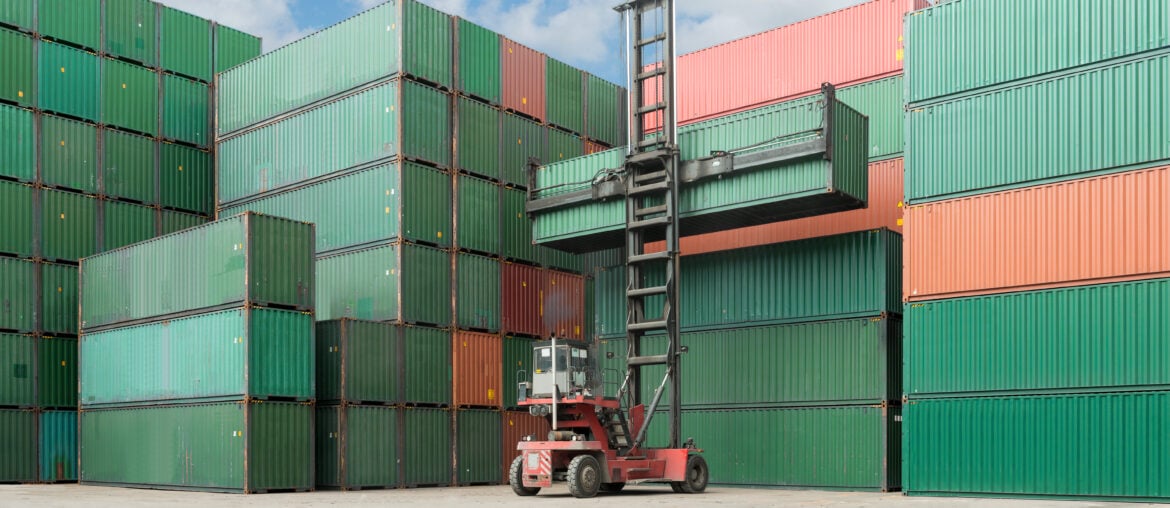US Customs and Border Protection (“CBP”) updated its guidance related to the new Uyghur Forced Labor Prevention Act (“UFLPA”) Region Alert, and announced that it will be deployed in the Automated Commercial Environment (“ACE”) on March 18, 2023. The deployment of the UFLPA Region Alert was delayed since it was first announced by CBP in 2022.
The UFLPA Region Alert will add new validations to ACE in certain applications so that (i) a postal code is required, and (ii) after the postal code is provided, a user will receive an error message if the postal code provided is not a valid Chinese postal code. Further, (iii) the user will receive a warning message when a Xinjiang region postal code has been provided. CBP shared during a recent webinar that CBP will not release a list of valid Chinese postal codes nor a list of postal codes in the Xinjiang region as it deploys the UFLPA Region Alert.
Not all applications in the ACE are subject to the new UFLPA Region Alert requirements. The relevant applications are:
- Cargo Release (SE) application – only for the Manufacturer (MF) party and only when the country is reported as The People’s Republic of China (CN) in the SE36 and/or SE56 record.
- Manufacturer Identification Code ($I) application – when creating or updating a Manufacturer Identification Code with a city located in The People’s Republic of China (CN).
The regulations and CBP guidance state that the importer can provide the seller/supplier information instead of the manufacturer information as the manufacturer identification field except for textile importers, and the UFLPA Region Alert will not change this existing rule. This means the new postal code requirement will not apply to all shipments from China or of Chinese-origin as a practical matter.
If the user receives a warning message that the postal code is a Xinjiang region postal code, the user should notify the importer that the rebuttable presumption of forced labor established under the UFLPA likely applies to the subject shipments.
The UFLPA Region Alert adds to the increasing detection and enforcement mechanisms used by CBP to more actively enforce the rebuttable presumption of forced labor established under the UFLPA, especially as we are seeing more audits, detentions, seizures, and other enforcement activities by CBP on matters related to forced labor concerning not only the “high risk” merchandise such as cotton, tomatoes, and polysilicon, but also other merchandise more generally, including aluminum products, chemicals, agricultural goods, and household products. Please see our previous blogs here and here which include additional guidance related to compliance obligations under the UFLPA and suggested compliance improvements.



